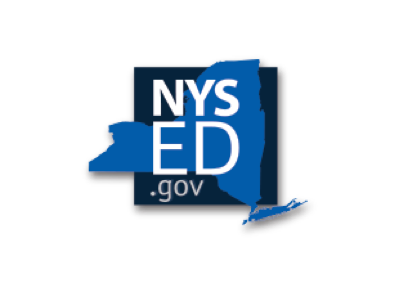Pupil Personnel Services
Page Navigation
- Beacon City School District
- Individuals with Disabilities Education Act (IDEA)
Individuals with Disabilities Education Act (IDEA)
What is It?
-
The Individuals with Disabilities Education Act (IDEA) is a United States federal law that ensures children with disabilities have access to a free appropriate public education (FAPE) that is tailored to their individual needs. The act was first passed in 1975 as the Education for All Handicapped Children Act (EAHCA) and was reauthorized and amended in 1990, 1997, and 2004. IDEA governs how states and public agencies provide early intervention, special education, and related services to children with disabilities.
Key components of IDEA include:
1. **Free and Appropriate Public Education (FAPE)**: Schools must provide eligible children with disabilities access to education and related services at no cost to their families. Education must be provided in the least restrictive environment possible, meaning students should be educated with their non-disabled peers to the maximum extent appropriate.
2. **Individualized Education Program (IEP)**: Schools must develop an IEP for each eligible child with a disability. The IEP is a written document that outlines the child's educational goals, the services and supports they will receive, and how progress will be measured.
3. **Parental Rights and Participation**: Parents have the right to participate in the decision-making process regarding their child's education. They are involved in developing the IEP and have procedural safeguards to ensure their child receives appropriate services.
4. **Child Find**: Schools have a responsibility to identify, locate, and evaluate children with disabilities who may need special education and related services.
5. **Related Services**: IDEA mandates that eligible children receive necessary related services such as transportation, speech-language therapy, occupational therapy, physical therapy, counseling, and more, to assist them in benefiting from special education.
6. **Transition Services**: Beginning at age 16 (or younger, if determined appropriate by the IEP team), schools must provide transition services to help students prepare for life after high school, including post-secondary education, employment, and independent living.
7. **Discipline Protections**: IDEA provides guidelines for disciplining students with disabilities to ensure that disciplinary actions are appropriate and fair, and that students' educational rights are protected.
8. **Procedural Safeguards**: IDEA outlines procedural safeguards to protect the rights of children with disabilities and their parents, including the right to dispute resolution through mediation, due process hearings, and appeals.
Overall, IDEA aims to ensure that children with disabilities have equal opportunities for educational success and are provided with the support they need to reach their full potential.
More Information

